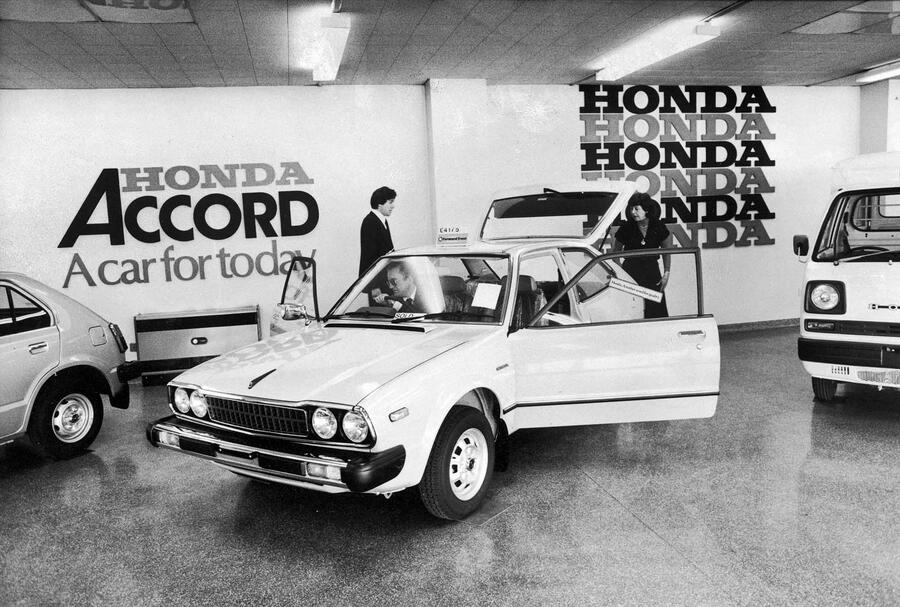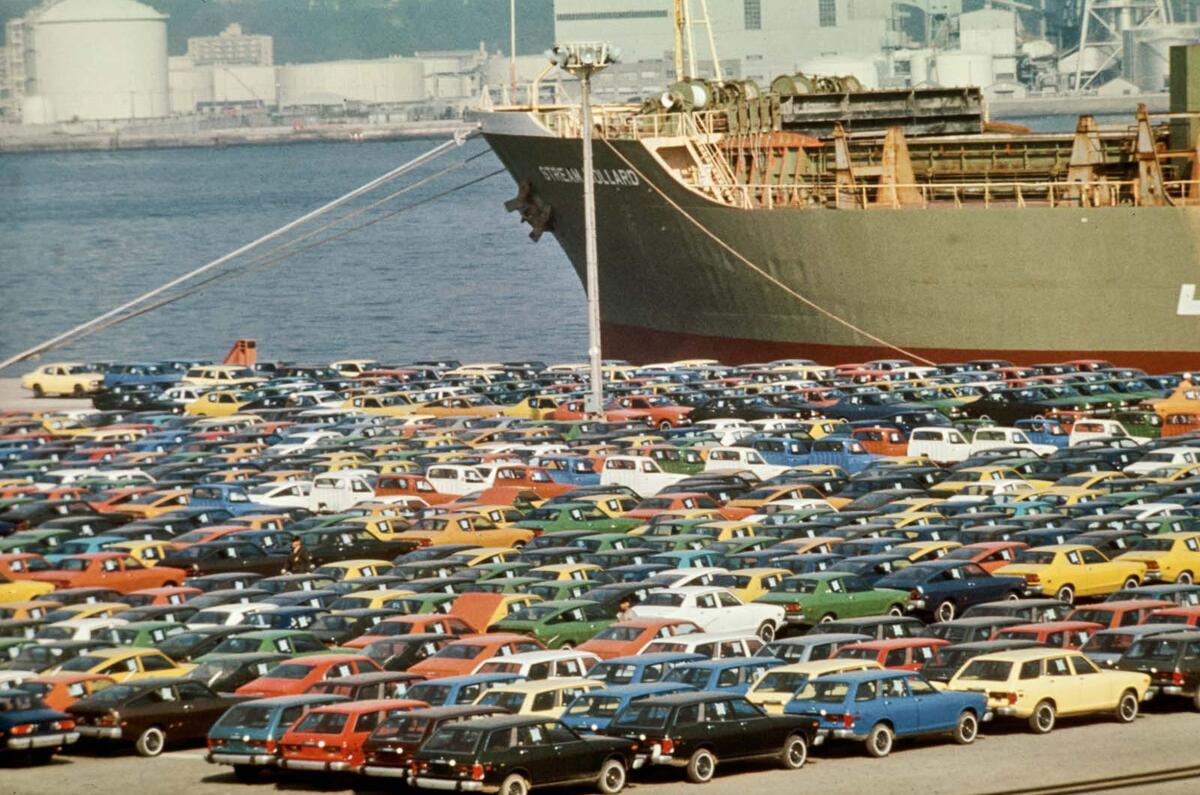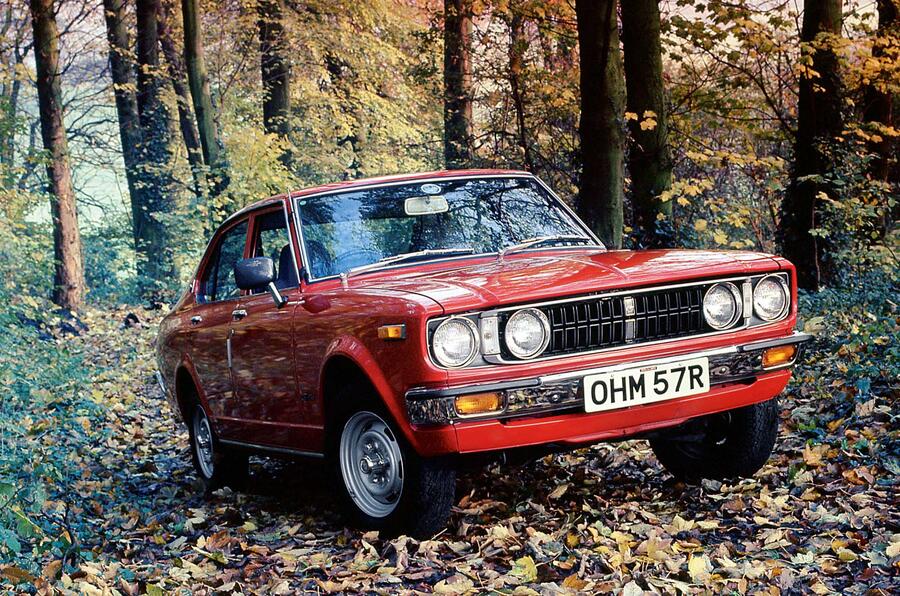Chinese brands are now voraciously gobbling up market share in the UK: from 5% in 2024, they’ve already stomached 8% in 2025.
This has caused much anxiety and even antagonism, and some people have called for restrictive measures to be taken against China’s car industry.
This is incredibly similar to the situation that existed in the mid-1970s, when Japanese brands were enjoying ever greater success at the expense of Britain’s own car firms.
In August 1973, British Leyland boss Lord Donald Stokes called for bans on foreign cars, TVs, electronic goods and even washing machines while an economically troubled Britain “got its house in order”, claiming the nation was “sitting back like a goose being plucked”.
Imported cars had achieved a record-setting market share of 32% that month, taking the annual total to 328,000 – of which 62,000 were Japanese.
Naturally the nation’s leading car importer was riled. Stokes’ remarks “make no economic sense and tend to mislead the public”, stated Datsun (Nissan) UK.
“He rarely quotes facts but confines himself to sweeping statements. He should look to his own affairs before seeking to advise Europe. Nobody can take seriously a suggestion that a trading nation like Britain should ban a wide range of imports.”
Enjoy full access to the complete Autocar archive at the magazineshop.com
Maybe not, but the idea of car import restrictions certainly was taken seriously, getting the backing of SMMT president Gilbert Hunt, on the basis that “there is currently a very serious imbalance in trade”.“We are at a loss to understand your agitation,” replied Datsun UK in an open letter.
“Placing restrictions on Japanese cars will not help the British industry. It will mean only the selling of more Renaults, Fiats and Volkswagens. It may even hinder the British industry, since the suppression of high-quality competition is never a good recipe for stirring the enthusiasm of one’s own staff.”

Ray Carter, a Labour MP for Birmingham – home to thousands of automotive workers – pressed the issue in parliament in January 1975.
“My call is not for a ban on the importation of Japanese cars but for the British industry to obtain a basis of fair trading in which British manufacturers can export to Japan in the same free and unhindered manner that Japanese manufacturers can export to Britain,” he said, pointing out that Japan was exporting some 62 times more cars than it was importing.





Join the debate
Add your comment
I remember visiting a Colt (Mitsubishi) dealer to order a new Shogun...then being told that their allocation for that year had all been sold. Until then, I hadn't paid any attention to quotas. It didn't make me buy British, I bought a Peugeot 206 cabriolet, instead, before buying a used Shogun two years later.
I remember Red Ken at British Leyland and his links with Russia, and I remember being told by someone who worked for BL in Birmingahm how they used to take a sleeping bag into work. Apparently, there were spaces in the factory where they could curl up undisturbed with no one even knowing they were there. They would clock in, do a tiny bit of work, have a kip, then clock out. Heaven knows why BL went bust!
Has anyone else noticed how historical trade agreements affected car brands? I remember my dad complaining about import restrictions when he wanted a specific Datsun model in the 80s. He ended up with something else, and wasn't happy!
Does anyone know if you can play Geoguessr Free and still see classic cars from these eras?